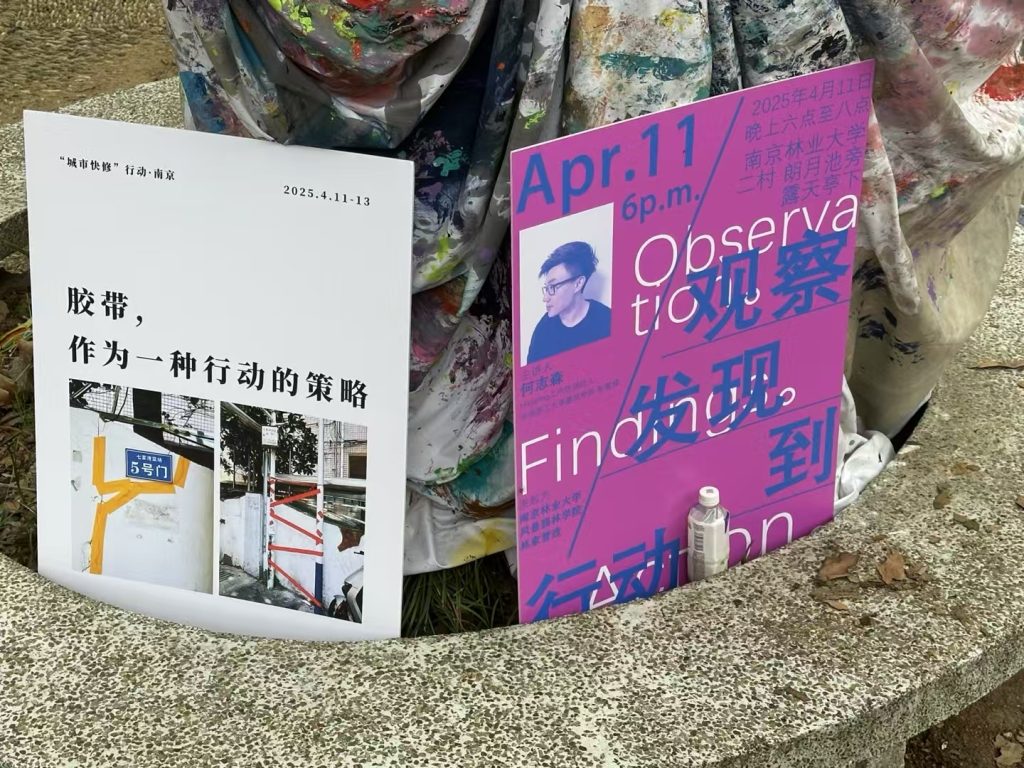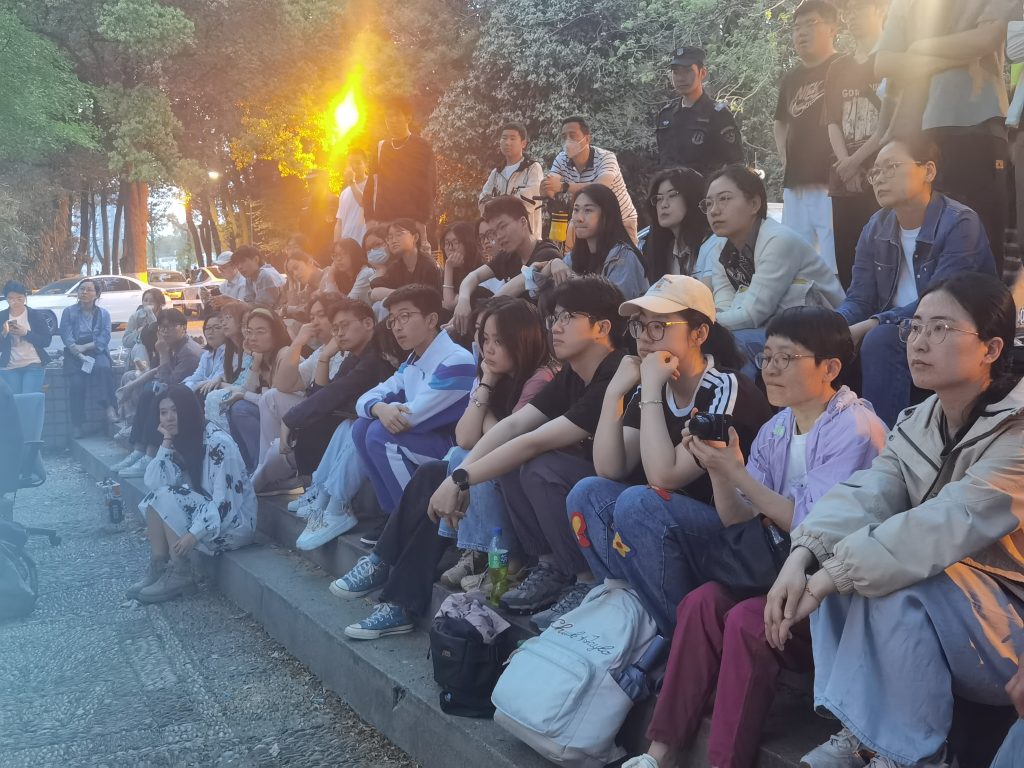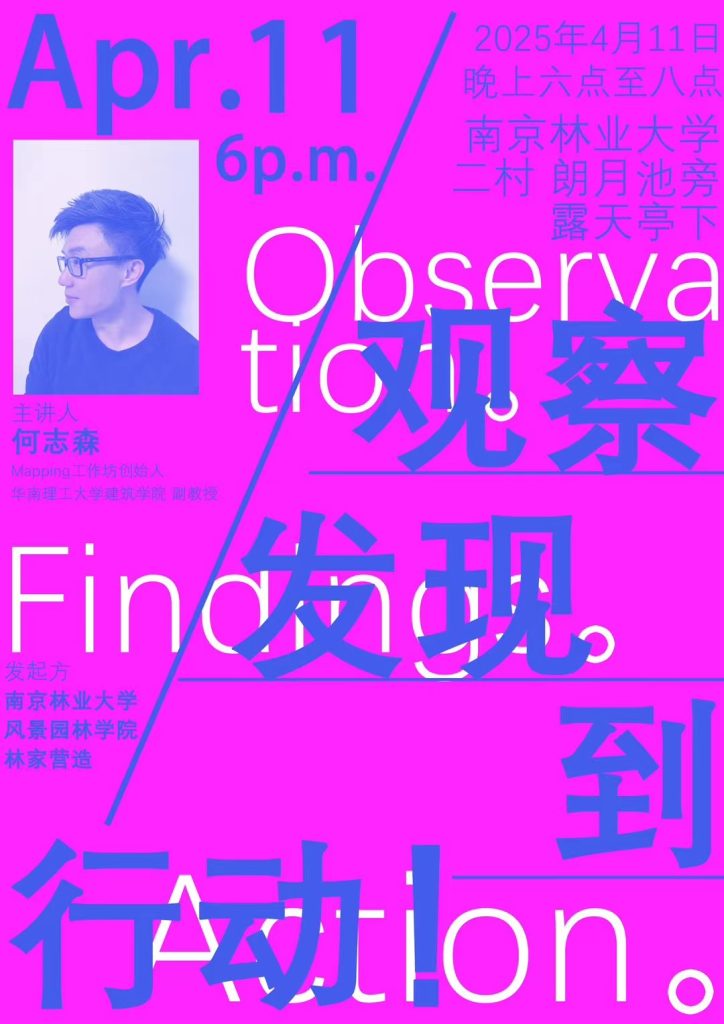During a recent talk by Professor He Zhisen from South China University of Technology, I found myself rethinking what it means to “participate” in a community. He spoke about public engagement, not as a feel-good exercise, but as a messy, necessary collision of diverse desires. It struck me that the “public” isn’t a harmonious choir—it’s more like a jazz band: full of improvisation, disagreement, and individual rhythms trying to find some kind of temporary harmony.

What resonated most was the idea that real participation only happens when people disagree. A gardener, an e-scooter rider, a sanitation worker, and a city planner don’t share the same vision for a shared space. And that’s exactly the point. If we only talk to people who agree with us, what’s the point of talking? Conflict isn’t chaos—it’s raw data. It’s the starting point for building what He calls “alternative knowledge”: practical, local wisdom that can’t be googled or top-down engineered.

This talk also challenged my idealism. I used to believe that true collaboration had to be pure, free of self-interest. But Professor He said something unexpected: relationships are built on mutual use. Not exploitation, but a respectful exchange of value. That made me think of my own neighborhood, where neighbors swap favors not because they’re saints, but because they rely on each other. You help fix my bike, I tutor your kid. That’s not dirty—it’s deeply human.

In the end, I see “mapping” not just as charting streets or stories, but as charting needs—real, often conflicting, always human. Maybe my role in public life isn’t to solve or speak for others, but to listen harder, argue better, and co-build from the ground up.

